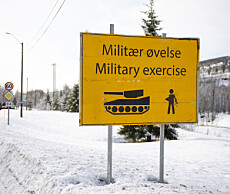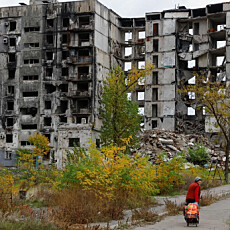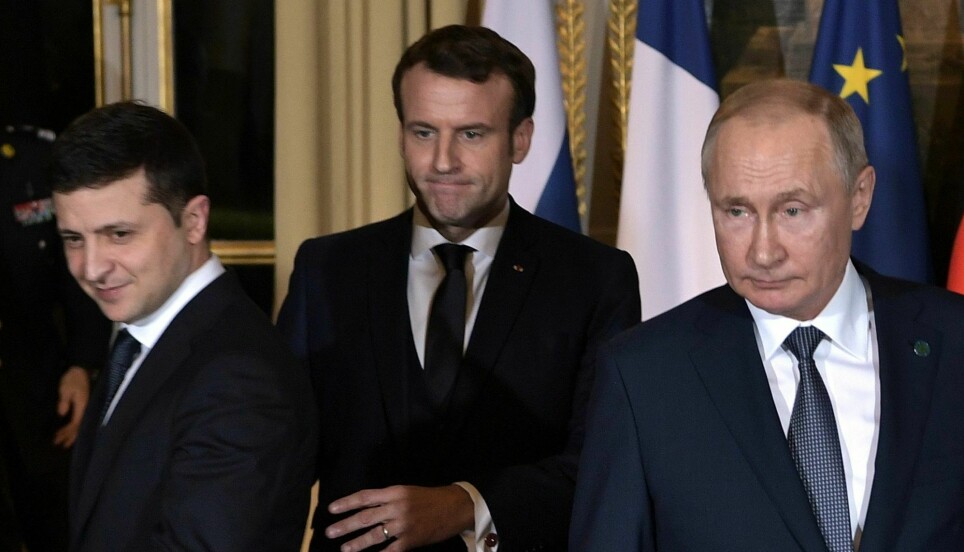
Negotiations over Ukraine at this moment will probably lead to more war in the long term, says law expert
Russia will never let go of the Crimean peninsula, as has been demanded by Ukraine as part of a negotiated peace, experts believe. Given this, there is a great deal of disagreement over whether negotiations should still take place.
“Russia is unlikely to give up any occupied territory without a fight,” Karsten Friis, a senior research fellow at the Norwegian Institute of International Affairs (NUPI) says to NTB, The Norwegian News Agency.
International law expert Cecilie Hellestveit, who recently published the book 'Dårlig nytt fra Østfronten' (Bad news from the Eastern Front) about the Ukraine war, agrees.
“It is completely unrealistic to expect that Russia will negotiate this kind of resolution,” she said to NTB.
Iver B. Neumann, who is director of the Fridtjof Nansen Institute and former professor of Russian studies at the University of Oslo, also doesn’t think that Russia will let go of the Crimean peninsula and the Donbass region.
“It is very unlikely,” he said.
Neumann, on the other hand, won’t rule out the possibility that Russia would be willing to let go of other occupied areas in Ukraine as part of a negotiated solution.
“It’s possible, but unlikely,” he said.
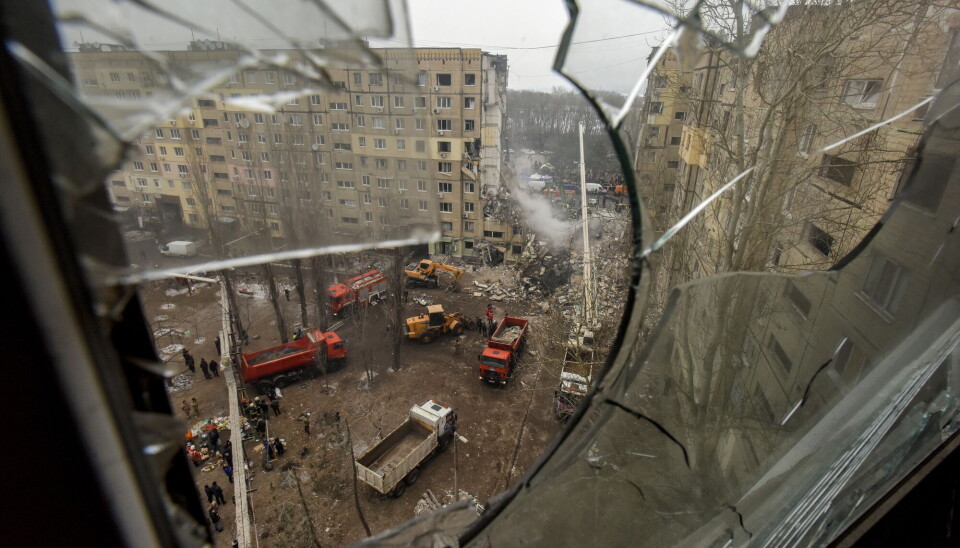
Right to reject negotiations now
Friis believes that Ukraine is absolutely right to reject negotiations with Russia.
“Absolutely. Negotiating now will be the same as giving Russia what they have taken so far,” Friis said.
He believes that Ukraine will soon try to break through selected Russian defence lines.
“If they get more armoured personnel carriers and perhaps tanks from the West, they will have the opportunity to do so, at least in some places,” he said.
Negotiations will bring more war
Hellestveit also doesn’t think that the time has come for negotiations.
“The way the forces are now, Russia is the one that has an interest in negotiations and a ceasefire,” she said.
In the event of a ceasefire, Russia will try to freeze the front lines, she believes.
“A frozen conflict will in practice serve Russia's cause, at the expense of Ukraine, and at the same time create a very dangerous precedent in Europe. Thus, it is reasonable to say that negotiations now will probably lead to more war in the long term,” Hellestveit said.
Negotiations in addition to fighting?
Neumann believes that wars in Europe can no longer be won on the battlefield. He therefore also thinks it is unwise for Ukrainian President Volodymyr Zelenskyj to refuse to negotiate until all Russian-occupied areas have been recaptured, including the Crimean peninsula.
“But it may be wise for Zelenskyj to say that he does not want to negotiate, in order to keep the home front united,” he said to NTB.
Stein Tønnesson, Henrik Syse and Gregory M. Reichberg, all professors at the Peace Research Institute Oslo (PRIO) also question Ukraine's strategy.
“The negotiating table, with all its deficiencies, represents a possible way ahead, not as an alternative to continued fighting in the cause of freedom, but as a necessary complement to it,” they recently wrote in a shared blog post.
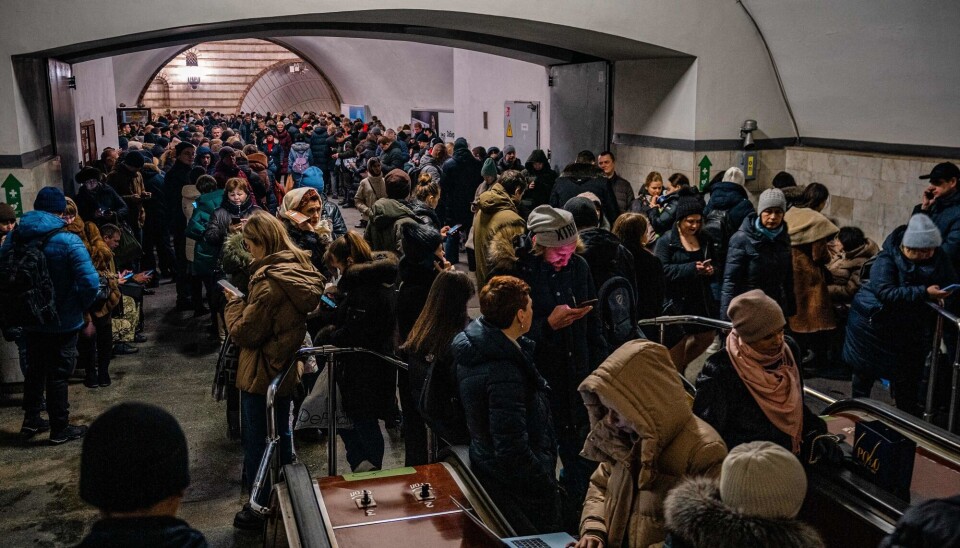
Unlikely with decisive victory in the short term
“President Volodymyr Zelensky could press for full justice, which in this case would entail a Russian withdrawal from all occupied areas, including Crimea. But to achieve this result Ukraine would need to secure a decisive battlefield victory over Russia—an unlikely scenario in the near term. Short of such victory, to end the war Ukraine must be prepared to accept something less than full justice,” they wrote.
“Compromise can be a wise course of action. A desire to see full justice prevail should not blind us to this important truth,” they conclude.
Morally and politically impossible
Friis believes that it is both morally and politically impossible for Zelenskyj to negotiate the way the situation is now.
“Since Ukraine is making the most progress on the battlefield, there is little to be gained by negotiating. There is also no confidence that Putin will keep any agreement, he may instead abuse it to prepare for a new attack,” he said.
However, Tønnesson, Syse and Reichberg think that it may be immoral not to sit down at the negotiating table.
“Refusing to compromise can be disastrous and therefore immoral,” they believe.
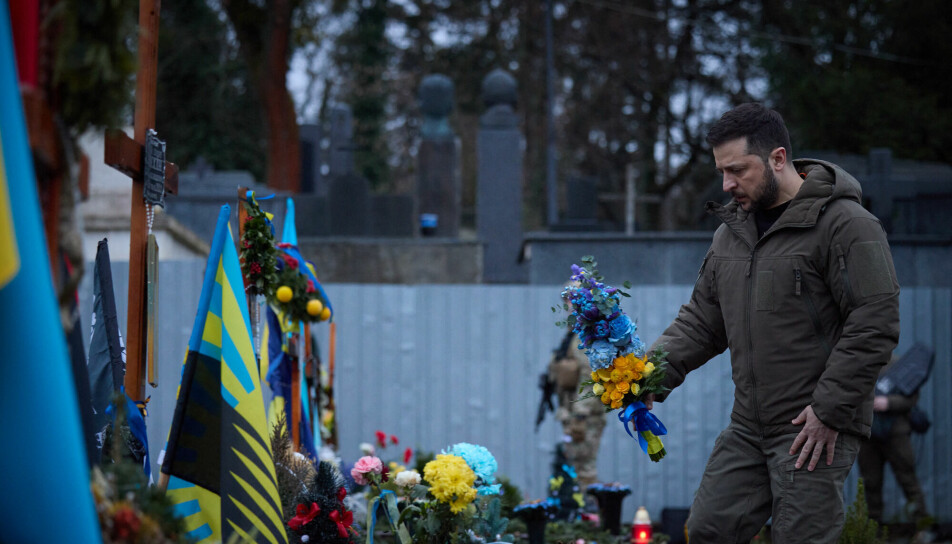
Finland's lessons
The three PRIO professors recall how Finland fought a heroic battle in 1939 against Soviet forces, with Western support. After significant losses, they signed a peace treaty with Moscow, ceding large areas.
In 1941, Finland broke the agreement and tried with Nazi Germany's help to recapture these lost territories. They succeeded at first, but later lost them again and were forced to sign a new peace agreement in 1944. At that time, they had to give up the same areas they had originally lost.
To date, Finland has never recovered its lost territory, nor has it continued to try to get it back, the PRIO professors said.
In the same boat as Israel and Morocco
The most realistic scenario in Ukraine is probably a frozen conflict, Hellestveit believes.
“This means that Ukraine will be robbed of its eastern areas. Putin will be able to sell this as a kind of ‘victory that made the war worth it’, and Russia will be treated as a state engaged in illegal annexation by military force,” she said.
“This will have a cost, and will put Russia in the same boat as Turkey, Israel, Morocco and Saudi Arabia,” Hellestveit said.







